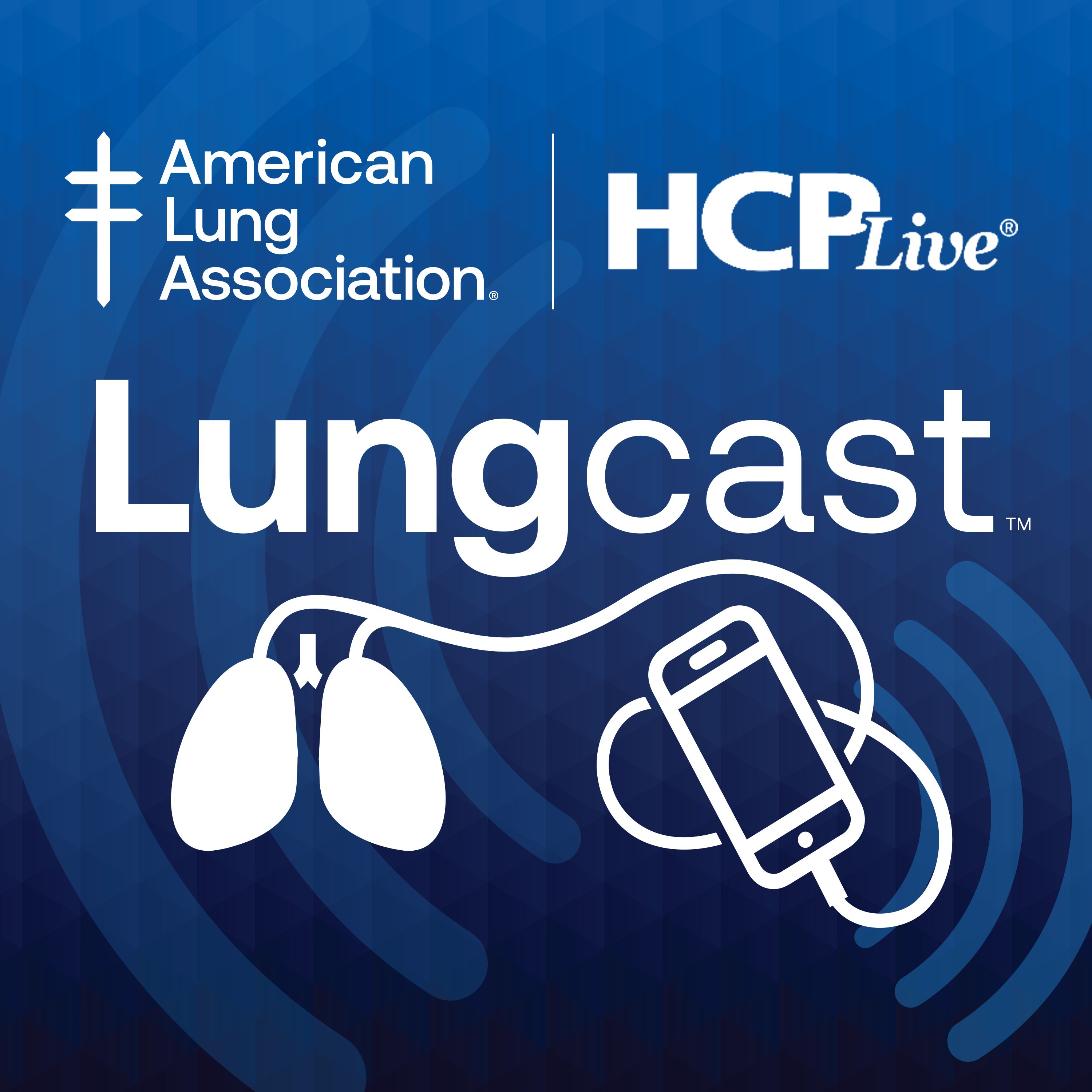Article
Cognitive Behavioral Therapy Improves Insomnia in Patients with Primary Brain Tumor
Author(s):
Cognitive Behavioral Therapy (CBT) for insomnia is the front-line treatment for sleep disturbance. However, the effectiveness of this approach for those with primary brain tumors hasn't been evaluated until now.
Ashlee Loughan, PhD

Patients with primary brain tumor (PBT) commonly suffer from insomnia and other sleep disturbance. Managing sleep-related symptoms is an often reported struggle in this population.
According to a newly published study, Cognitive Behavioral Therapy (CBT) for insomnia is the front-line treatment for sleep disturbance. However, the effectiveness of this approach for those with primary brain tumor hasn't been evaluated until now.
Ashlee Loughan, PhD, Virignia Commonwealth University, and investigators conducted a pilot trial with 40 patients for 6 weeks of group-based telehealth CBT. Participating patients completed data collection at baseline and following the intervention.
Investigators assessed measures including insomnia, fatigue, mood, and quality of life (QoL) which were self-reported by patients. The cognitive assessment consisted of measures of attention, verbal fluency, and memory.
Paired t-tests were used for analyzing the intervention effects from self-report outcomes while the effects for cognitive outcomes were analyzed with repeated measures ANCOVA controlling for age.
A total of 34 patients completed the trial. Findings revealed significant symptom improvements for insomnia and fatigue. Depression and anxiety symptoms were mitigated as well.
In terms of emotional, cognitive, and social functioning, improvements were observed. Investigators reported that there were no clinically or statistically significant cognitive changes found.
"This trial is the first to preliminarily assess efficacy of CBT-I, a non-pharmacological treatment for insomnia, in patients with PBT," investigators concluded. "Results suggest promising benefit of CBT-I in insomnia severity, fatigue, mood, and most quality-of-life indices for individuals challenged by primary brain tumor and insomnia. These findings support further study in a scientifically rigorous phase IIb randomized feasibility trial."
The study, "Improving insomnia in patients with primary brain tumors using cognitive behavior therapy: results from an NRG NCORP pilot trial" was published in Neuro-Oncology.





